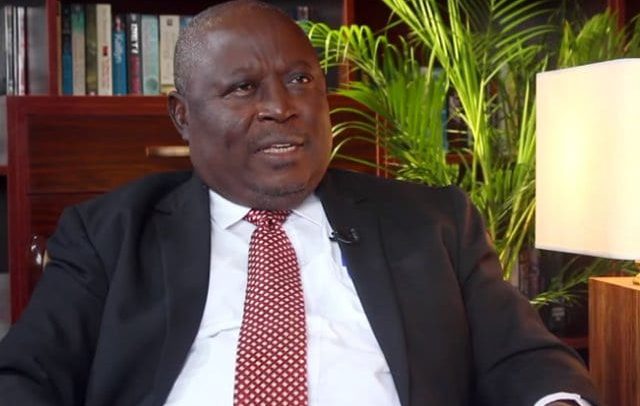Security bill empty on substance and purpose

Martin Amidu has launched a strong critique of the government’s proposed Security and Intelligence Agencies Bill, 2025, describing it as an attempt to centralise control of Ghana’s security architecture under the President and his appointees.
The Former Special Prosecutor argued that the bill’s stated objective, to “establish an Office of the National Security Co-ordinator to coordinate activities of the security agencies”, masks what he calls “a deliberate effort to consolidate executive influence” within the nation’s intelligence system.
He pointed out that the new proposal undermines the democratic framework established by previous legislation, notably the Security and Intelligence Agencies Act, 1996 (Act 526), and its re-enactment in 2020 (Act 1030). Both, he said, were designed to ensure civilian oversight and ministerial accountability in line with the 1992 Constitution.
“The government seeks to re-enact Act 1030 simply to reflect its current policy direction,” Amidu stated. “That is insufficient to meet constitutional standards and amounts to an unconstitutional attempt to legitimize executive control.”
Amidu questioned why the explanatory memorandum accompanying the bill failed to specify any defects in Act 1030 or outline the necessity for its replacement. “The Constitution mandates that any bill introduced in Parliament must set out in detail its policy and principles, the defects in the existing law, and the remedies proposed. The memorandum to this bill does none of that,” he said.
He further cautioned that the bill’s design effectively empowers the President’s newly appointed National Security Co-ordinator, his former Aide-de-Camp, to operate above the Minister responsible for national security and even the intelligence agency heads.
“This is nothing short of a move to enthrone the President’s appointee as Lord and Master over the minister and the entire security establishment,” Amidu warned.




